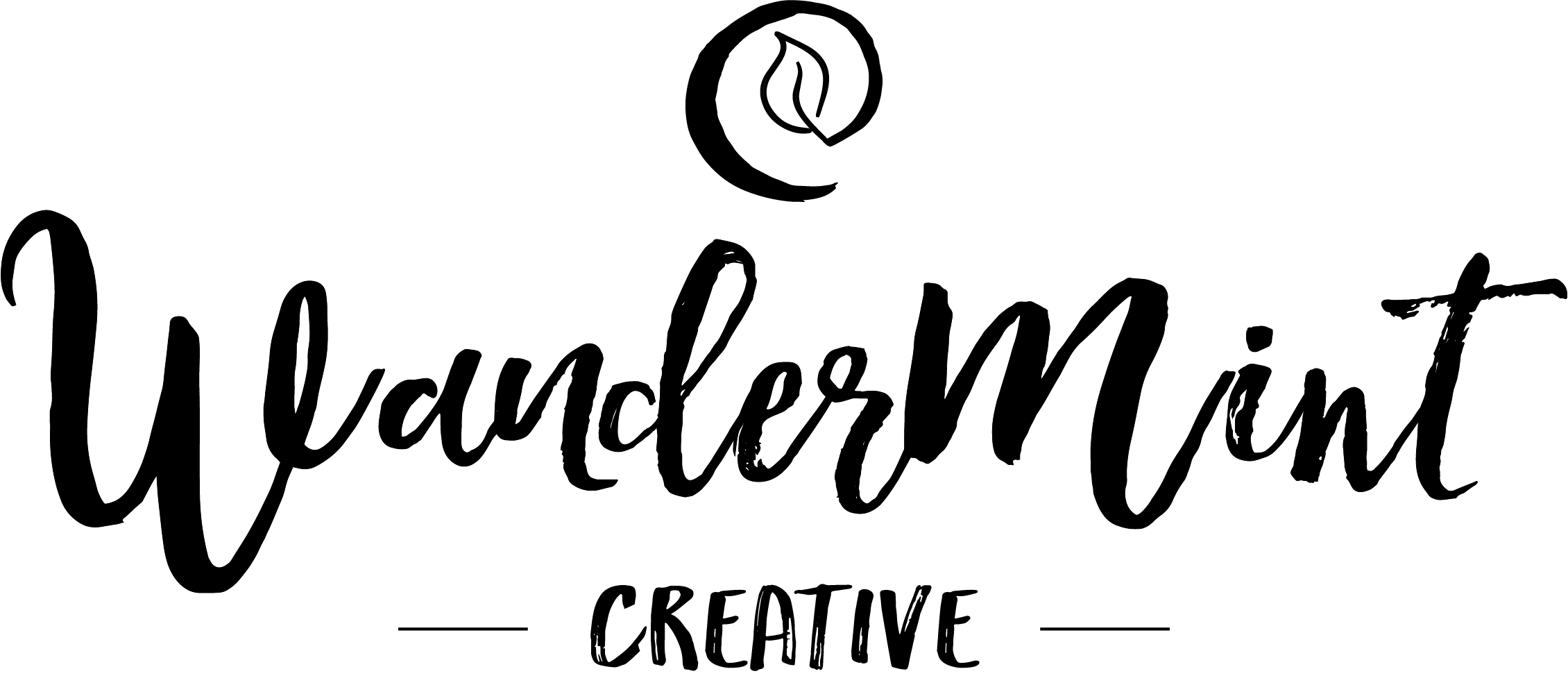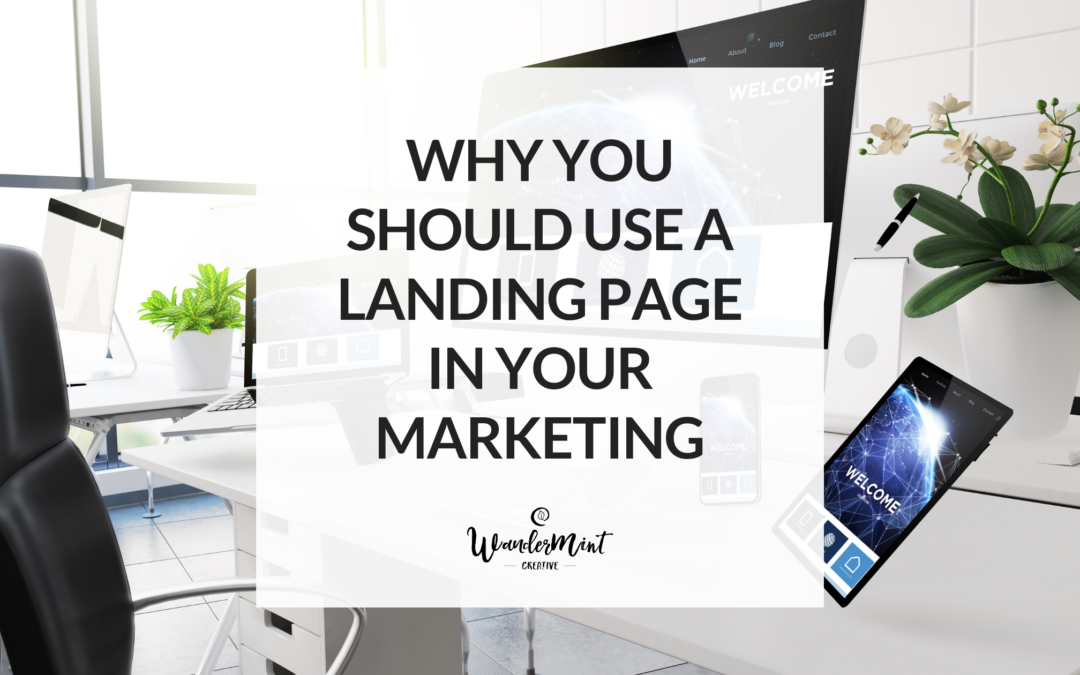With so many different marketing terms floating around out there It can get confusing to know what each is and the importance of each when it comes to your business.
I am sure you have heard the term landing page many times throughout your marketing journey, but what are they? And why are they so important for you to have?
What is a Landing Page?
Technically, a landing page is any web page that a consumer can land on, but in the marketing realm, it’s usually a standalone page. It is completely different from your homepage or any other page on your website and serves a single and focused purpose.
There are many different types of landing pages such as click-through landing pages, thank you landing pages, lead capture pages and so on. One of the most popular forms of landing pages is the lead capture page.
This page typically offers items like an eBook, free trial, contest entry or webinar registration in return for the submission of contact information. A good landing page will do its job by convincing a potential customer that it’s worth it to provide personal details in return in exchange for whatever you have to offer.
There’s no need to have just one landing page or even just one landing page at a time. In fact, maintaining multiple different landing pages, targeted toward segmented customers or offers will give you better results.
Why Use Landing Pages?
You’ve done a great job building your brand and creating a website that represents it. Now you have to make sure that all of that hard work translates into sales. This is where landing pages come in to play.
A landing page is a great way to drive traffic, improve your SEO and build your brand. Approximately 68% of B2B businesses use landing pages to generate leads for future conversion.
So to sum everything up…
Landing pages lead customers to a specific product, service or offer and encourage them to take action. This is your opportunity to create conversions and build your customer base.
If landing pages are so important, why isn’t every business using them? Well, there is a misconception that they are hard to create and maintain. Fortunately, that simply isn’t true. Building an effective landing page is less about being fancy and more about getting the consumer what they’re after.
What Makes a Good Landing Page?
First off, your home page should not be your landing page. You need to send prospective customers to a page that will let them take advantage of whatever offer you’ve promised them. Since they are looking for something specific, your landing pages have a better chance of capturing attention for a longer period of time. Good landing pages do several things:
They zero-in on the offer, not the company
Your future customers are clicking for a reason, so you want to make sure you are giving them what they are looking for. Now is not the time to give a detailed history of your company. This isn’t to say that the landing page should not be tied to your company brand. Just the opposite. They should serve a separate function, yet it should still be an extension of your brand.
They are focused and free of distractions
The content on your landing page should have the end-goal of getting the user what they want while completing the registration process. A.K.A giving you their contact information or credit card information depending on your landing page strategy.
The forms are not intimidating
Lengthy forms can be daunting to visitors and may encourage them to move on, rather than take advantage of whatever opportunity you are offering.
They speak to a specific audience
Segmenting your customer base helps you to target specific consumers through customized campaigns. If you have a base that’s drawn to a particular offer, such as an eBook or discount, your landing page can serve as a built-in segmentation device, allowing you to nurture these leads through email going forward.
They provide your special offers with a home
Unless they are tied to landing pages, your online special offers will do nothing to benefit your business. Creating landing pages provides a place for your offers to reside instead of cluttering up your website and distracting your customers with too many options.
They provide a thank you
Your landing page should always be followed up with a thank you page. This is not only polite but assures the consumer that they have completed the registration process and gives you an opportunity to direct them to your social media platforms or website.


Recent Comments